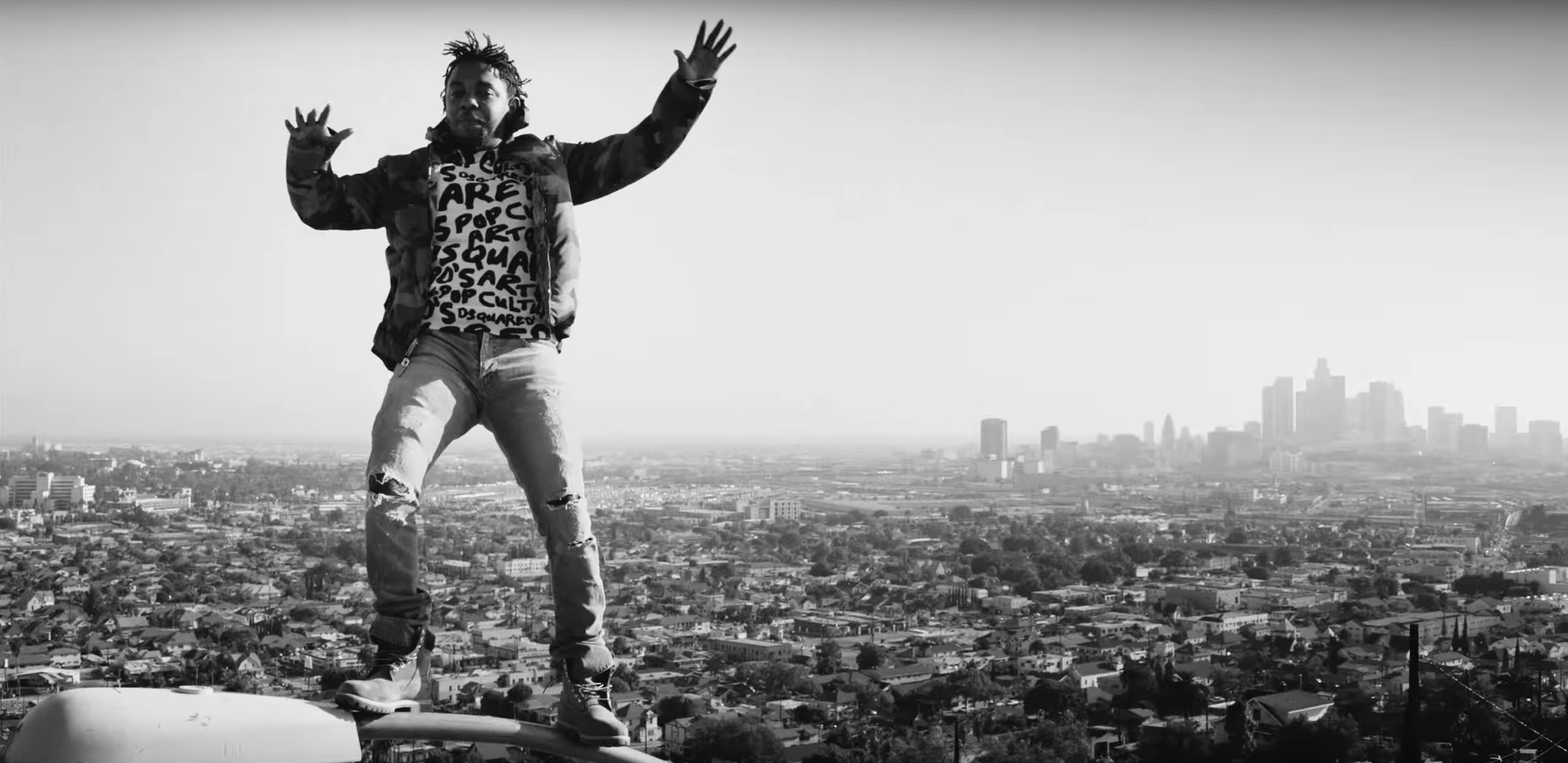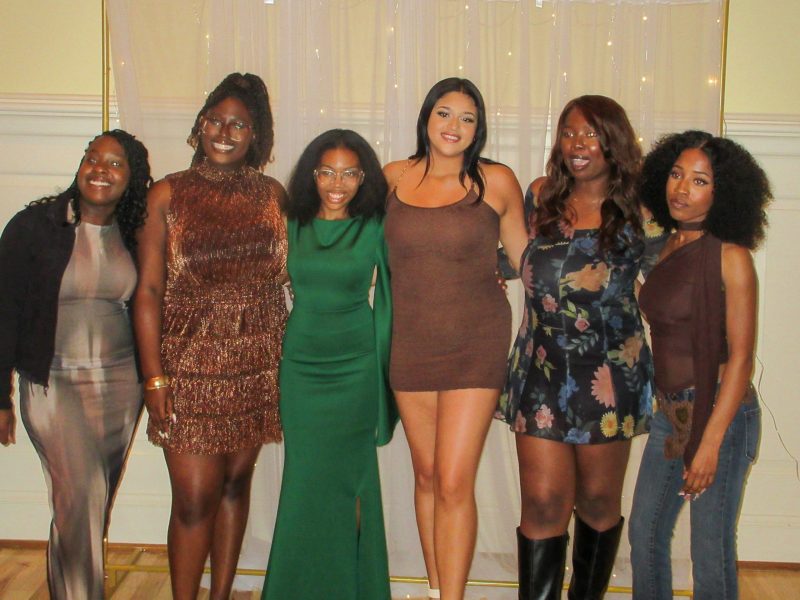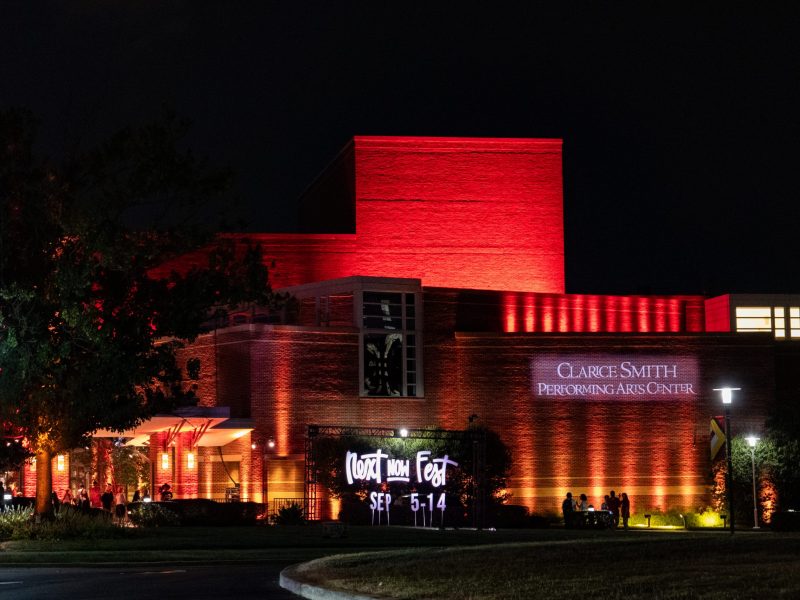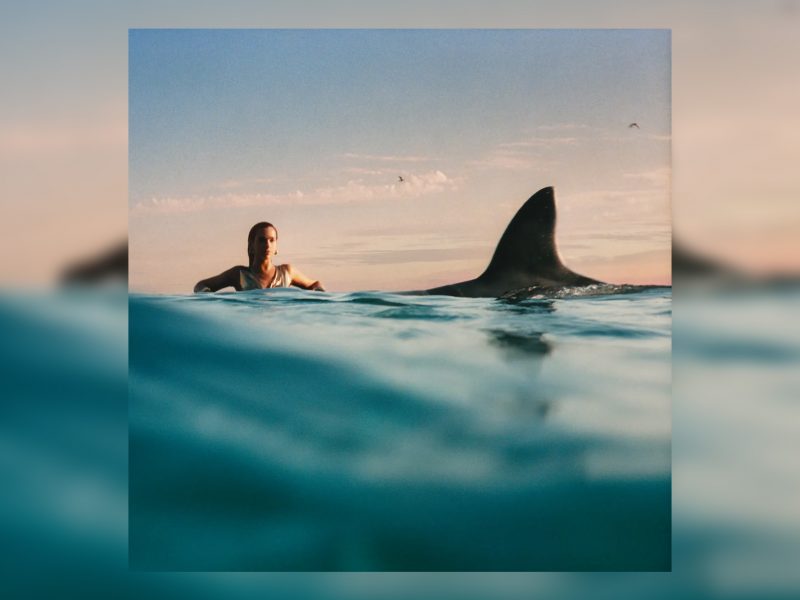Music has always been a form of revolution. From enslaved Africans creating songs in secret to Gil Scott Heron saying “the revolution will not be televised,” music has served as a form of protest that reaches the masses. It is something that connects to people on a deeper, more subconscious level.
One genre of music in particular inspires revolution more than others: Hip-hop music, and I’m including rap in this gross generalization, is a beautiful means of expression that more so than any other genre gives artists a medium to use their voices and their words to express themselves in a clear and passionate manner.
Every beat is a footstep in a march, every lyric a speech given to a crowd of protesters and every melody a seed of revolution waiting to be planted.
A successful revolution requires two things: something to fight for, and something to fight against. Hip-hop serves as a platform for artists to express both of these things in a way that is unlike any other form of expression or revolution. In the wake of Donald Trump’s election, and facing more national division than ever, we can look to history and see that hip-hop will be the loudest voice in a chorus of cultural backlash.
Since its inception in the Bronx in the 1970s, hip-hop has served as a form of revolution.
This is something that is chronicled in Netflix’s The Get Down, a series that follows the journey of five boys in 1970s New York who struggle to make music while working to find their place in the world.
The Get Down shows how hip-hop can be a means of cultural revolution by going against the societal and cultural norms. The protagonists use hip-hop music to stage a cultural revolution against disco music and a social revolution against those that who them they’re living a dead-end life.
By choosing to make music — specifically hip-hop — the characters are choosing to fight for their futures, ones that don’t include staying in the Bronx forever.
This phenomenon doesn’t occur solely in Netflix shows. Artists have been using hip-hop and rap music for decades as a means of protest and revolution.
One of the earliest rap groups to use hip-hop as a form of revolution was the Compton gangster rap group N.W.A. Their story was brought to life in 2015 through the biopic Straight Outta Compton from director F. Gary Gray.
In the 1980s, N.W.A. used their music to express anger and frustration over police violence directed at people of color. This was specifically seen on the track “Fuck tha Police” from the group’s debut studio album Straight Outta Compton in 1988. In the film, N.W.A. wrote the song after a run-in with members of the LAPD where they were forced to lie face-down on the ground with guns pressed to their heads.
The song takes the form of a trial, with Ice Cube, MC Ren and Eazy-E prosecuting the Los Angeles Police Department (LAPD), and Dr. Dre acting as the judge. While “Fuck tha Police” is more violent and angry than other forms of hip-hop revolution, it is a revolution nonetheless.
Today, revolutionary hip-hop music is still coming out of Compton. Also in 2015, Compton rapper Kendrick Lamar released his third studio album To Pimp a Butterfly. Kendrick used the album as a commentary on the difficulties faced by minorities and people of color in America.
On the song “Institutionalized,” Kendrick raps about being “trapped inside the ghetto,” alluding to the struggle that minorities go through to get the same opportunities as others. In the last song on the album, “Mortal Man,” Kendrick raps about influential black leaders (including Nelson Mandela, Malcolm X and Martin Luther King Jr. among others). He does this to show the listeners his revolution is fighting for the same things these famous leaders were fighting for: equality and civil rights.
Kendrick raps about these societal disparities from his own perspective, as do many other rappers.
Rapper Ben Haggerty, better known by his stage name Macklemore, creates his own form of revolution with his tracks “White Privilege” and “White Privilege II.” Macklemore discusses what it means for him to be a white rapper in a genre created by and dominated primarily by people of color.
On “White Privilege II” he raps “you’ve exploited and stolen the music … you toy with / the culture that was never yours to make better,” showing his own internal struggle with his presence in rap music.
He also explores ways that he can use the privilege that he possesses to help people who face adversity in their everyday lives. One of the most important things that he raps in “White Privilege II” is “I’ve heard that silences are action and God knows that I’ve been passive,” acknowledging that his complacency has played a role in the institutionalized racism in American society.
Another hip-hop revolution that has taken the world by storm recently is Hamilton.
Lin-Manuel Miranda created the hit musical as his own form of revolution, a revolution of the Broadway music genre and a beautifully crafted take on immigration and the way American society perceives it.
Hamilton broadens the scope of history through hip-hop. It brings American history into a new light and to a new audience. Miranda goes against the conventional understanding that the Europeans who came to America had more right to the land than the natives, going so far as to tell the founding of the country from the perspective of an immigrant success story.
Now more than ever, revolution is important. It is what brings about change in our society. By fighting for something and against something, people show that they care. One of the most captivating lines in “White Privilege II” is when Jamila Woods sings “silence is a luxury / hip-hop is not a luxury.” Silence is a luxury enjoyed by the privileged few, and Woods is saying hip-hop is a way for the people who are not as privileged to have their voices heard. Hip-hop is their revolution.



